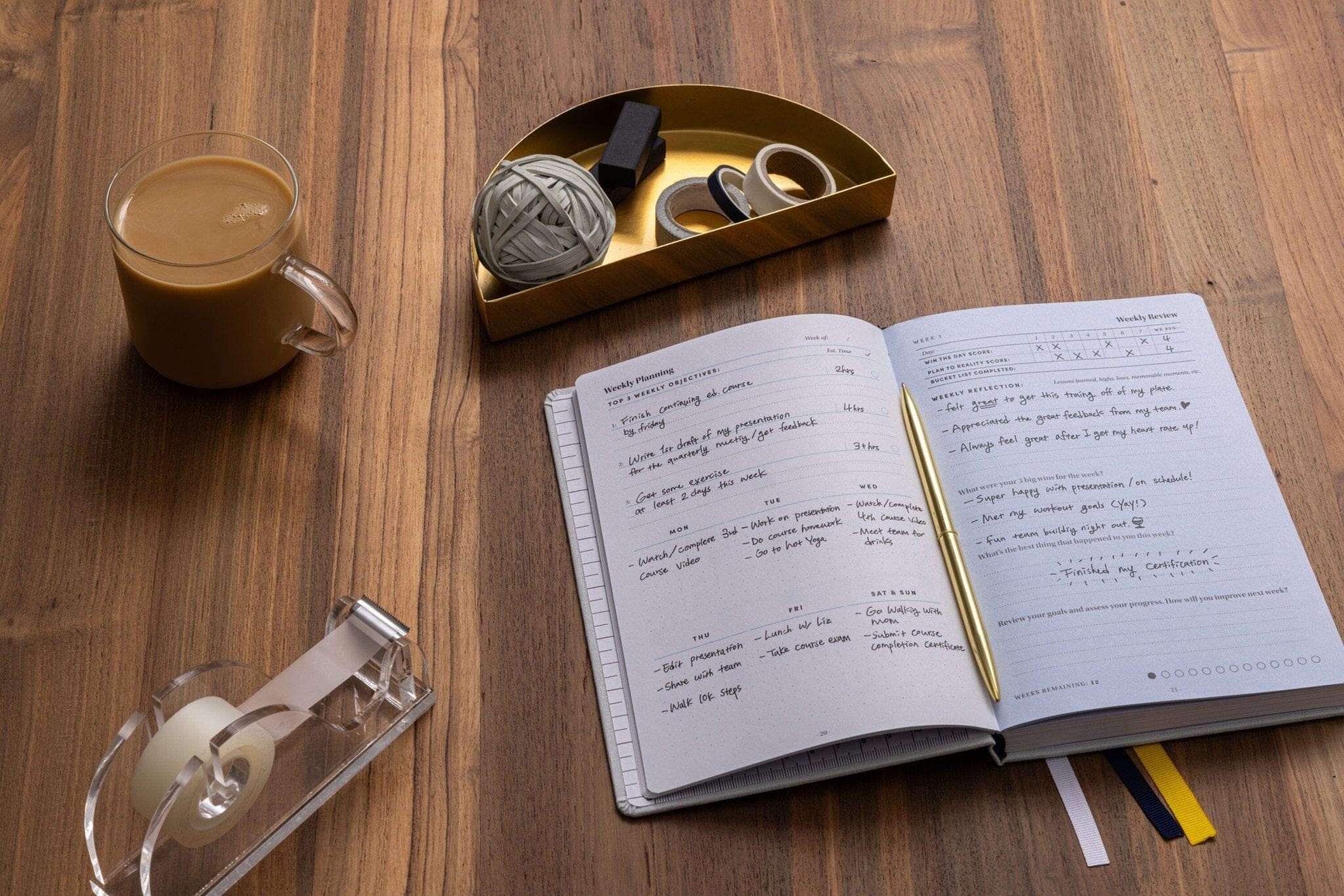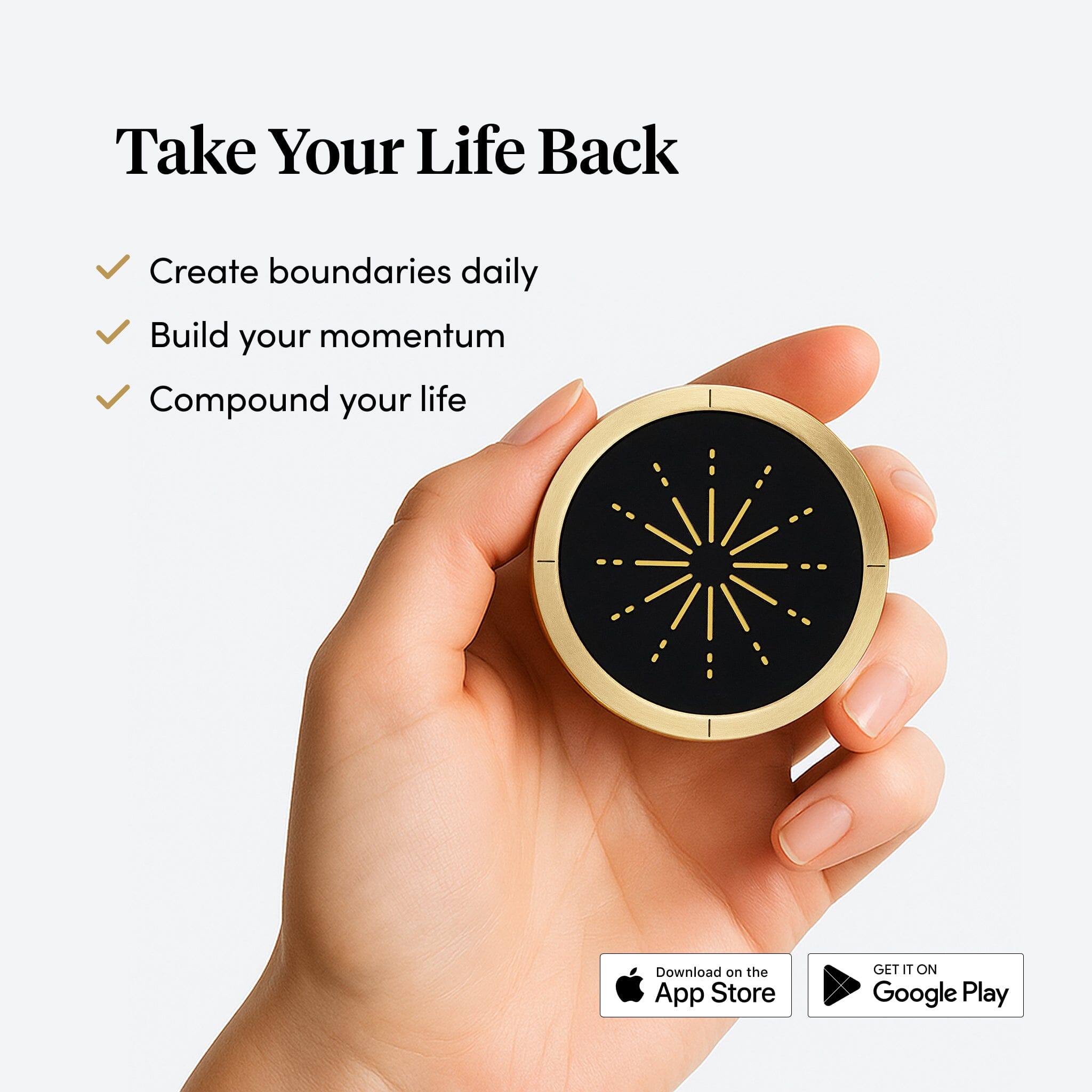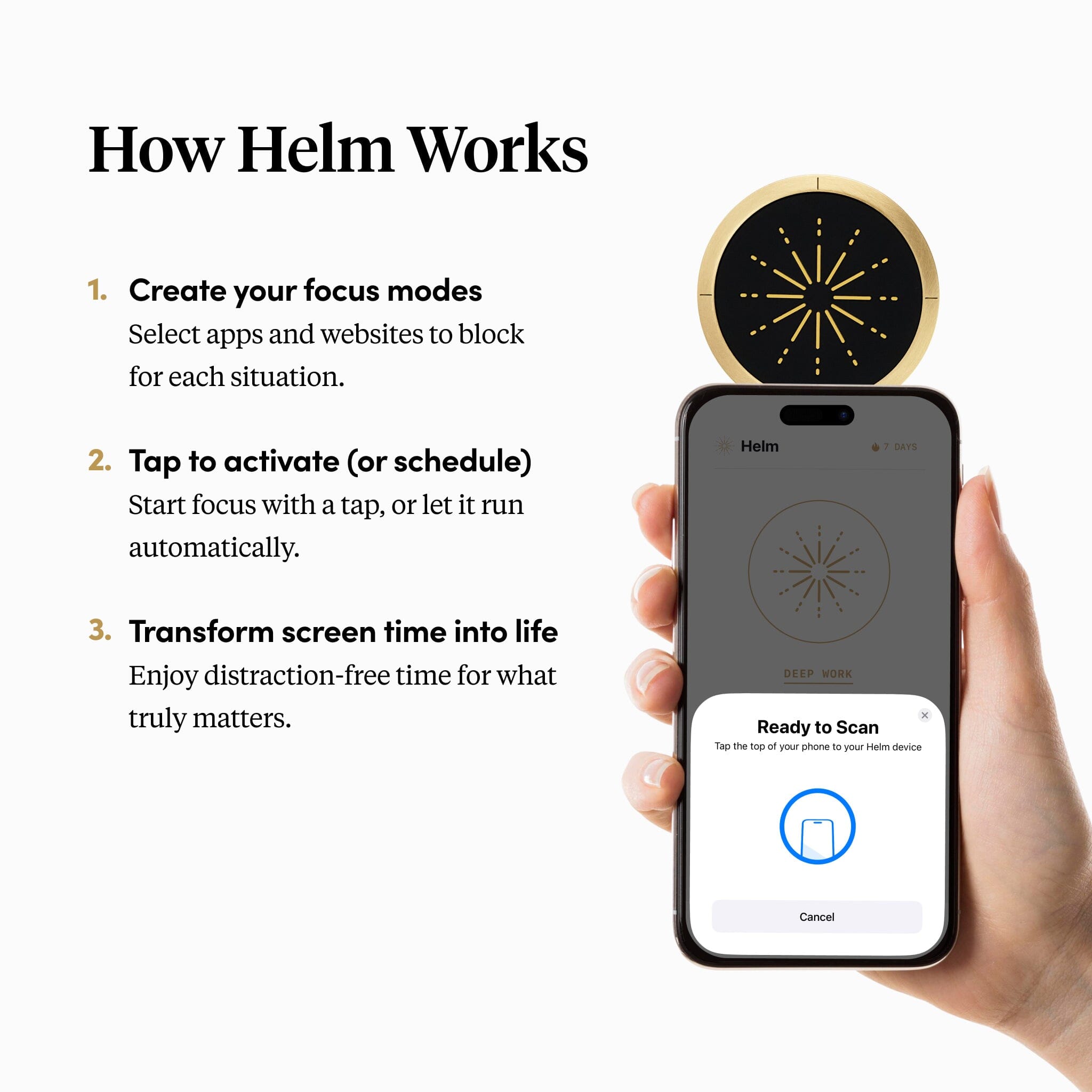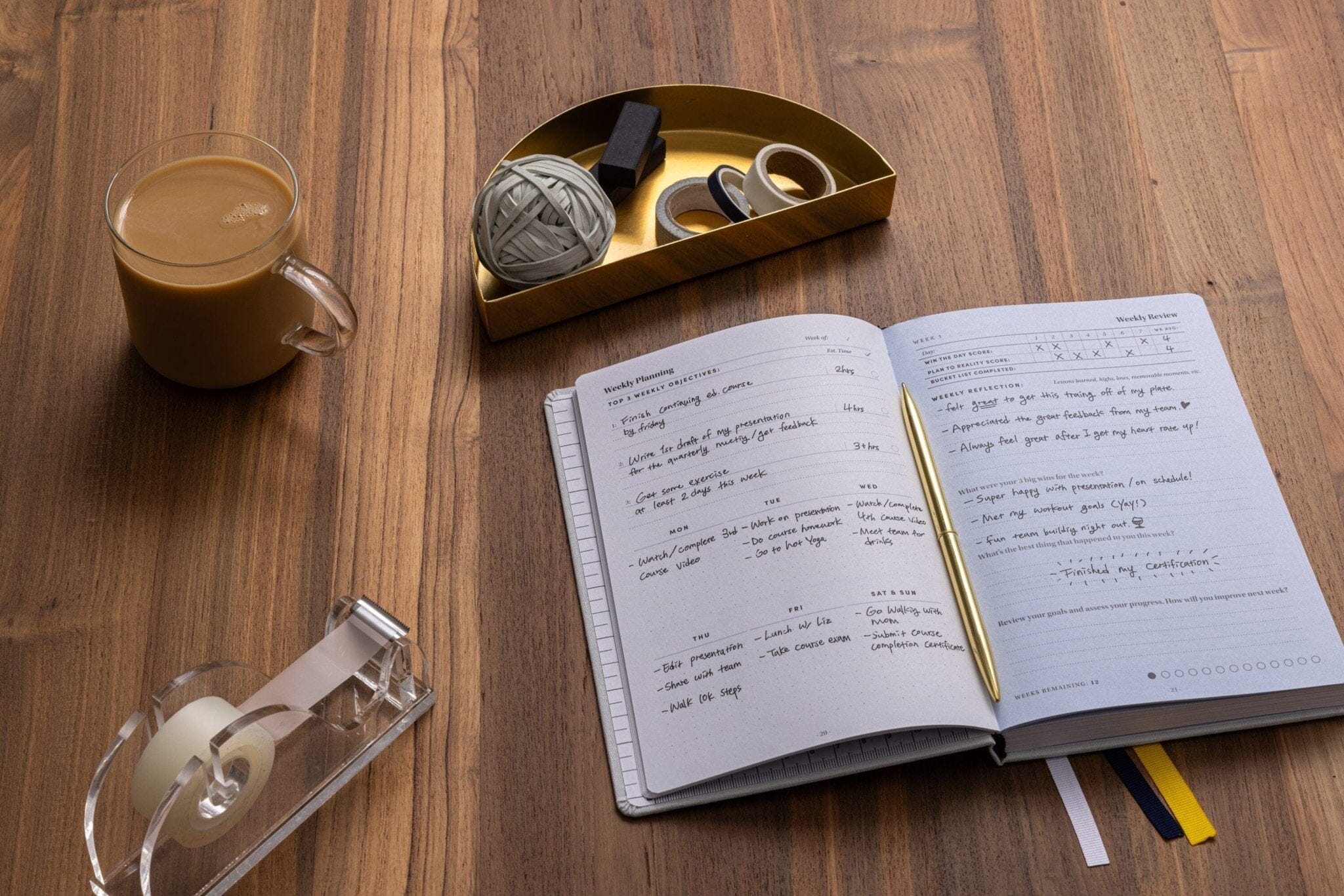When it comes to improving our lives, many of us use significant events like New Year’s as a turning point to transform our lifestyles and habits. But instead of waiting for the perfect date to initiate change, perhaps it’s time that we look at a different motivating factor: our families.
Our habits, which account for about 40% of our behaviors on any given day, can have a significant impact on children’s development and lifelong behaviors, given that they learn by observing and often imitating behaviors of others. That said, it’s not enough to merely encourage healthy behaviors and habits; instead, we must lead by example. Below are strategies for role modeling healthy habits that will positively impact your life:
1) Facilitate open dialogue on mental and emotional health
Healthy living is intimately linked with our inner emotional and mental state. When we can understand, manage, and positively express our thoughts and feelings, it sets the tone for how we adapt to the world around us, including how we form healthy and secure relationships, for example.
Creating a safe and supportive environment where everyone feels welcome to share their thoughts and feelings is fundamental for the development of healthy self-expression. To do so effectively involves keeping the lines of communication open. To make it easier to facilitate meaningful conversations, implement resources such as a deck of conversation cards that uses thought-provoking questions to nurture strong interpersonal communication skills for everyone.
2) Follow a healthy diet and exercise regimen
Another way to help your family create sustainable healthy habits is by properly nurturing and caring for your body. It’s one thing to encourage your family to eat nutritious foods and exercise more; it’s another to engage in and model these behaviors yourself. You can’t just talk the talk; you have to walk the walk (literally). If you don’t find time for physical activity or don’t strive for five, neither will they.
If you need something to help get the ball rolling, consider seeking out some guidance from a well-rounded weight loss program. Having access to a service that enables you to understand the nutritional values of what you are eating, while still encouraging balance through healthier versions of the dishes you love, can help you and your family nourish your bodies in a healthy manner. From there, you can foster a greater understanding of the benefits and importance of maintaining a healthy weight, rather than focusing on weight loss in regards to appearance.
3) Practice better sleep habits
It’s easy to forget the role sleep plays in our lives. The amount of sleep we get directly reflects our overall well-being in many facets, including brain and immune system function, appetite, athletic performance, as well as emotional and mental health. Despite this, both children and adults alike don’t get enough sleep each night. The average adult needs 7-9 hours of sleep per night, but children and teens need even more. Hence why it’s even more important to practice behaviors that promote a good night’s sleep for the whole family.
Make a conscious effort to establish a bedtime routine that everyone can follow in their own way. Start by observing behaviors that could affect your sleep, such as caffeine intake. You might consider reducing the amount of coffee you have or setting boundaries for when you can have it (e.g., no caffeine past dinner). The same would then apply to your children in terms of soda, for example. Next, wind down each night with relaxing activities like reading—individually or together. Make sure to establish an environment conducive to good sleep by reducing noise and lights throughout the home. Lastly, make a pact to stow away all electronics for the night at a certain time. It’s easier to go “screen-free” when the whole family is involved.
It’s been said that the best way to foster a healthy productive environment is to be that yourself. Keeping this in mind, observational learning can be quite effective in cultivating healthy habits for a lifetime of wellness for the whole family—after all, monkey see, monkey do. But healthy habits don’t stop at physical and emotional wellness; they can expand and include making better choices financially, environmentally, and so on. If you want to make a change, join the #30DayHabit Challenge and see how you can transform the habits in your life!
Disclaimer! This blog does not constitute medical advice. Always check in with a medical professional or doctor to get advice tailored to you.





































